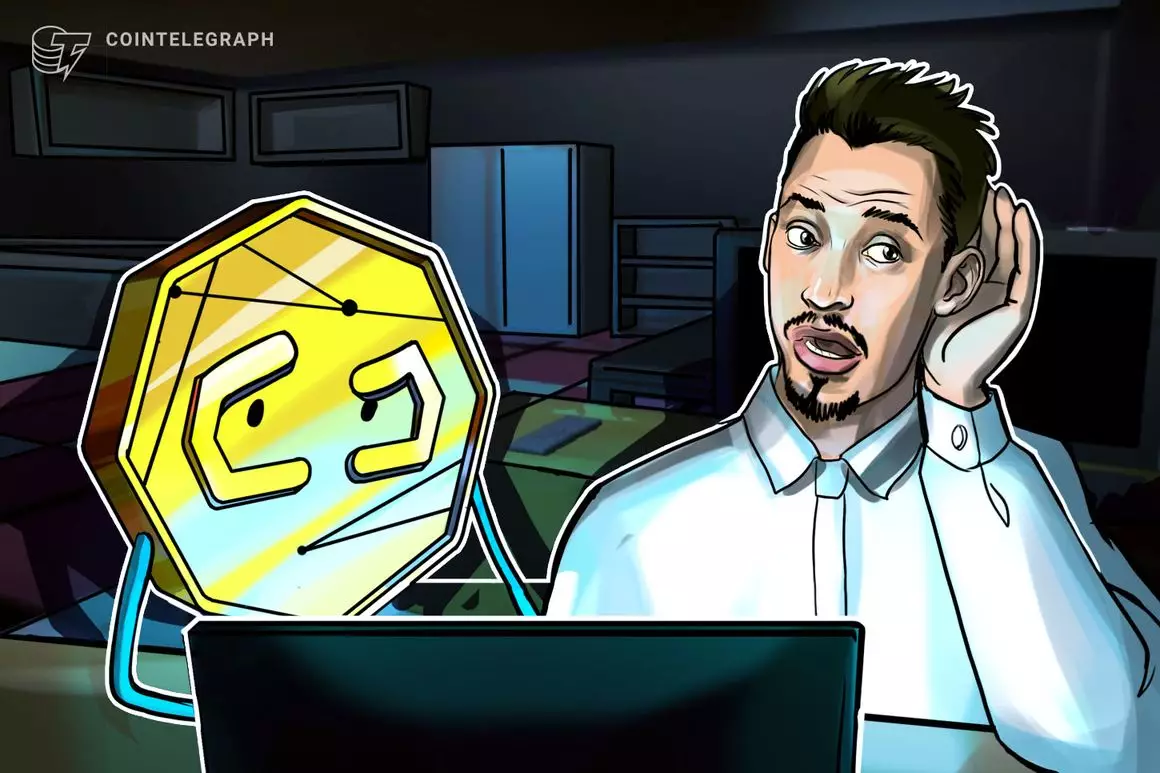Chainlink, the decentralized oracle network, has found itself at the center of controversy due to a recent change in the number of signers required on its multisig wallet. The move has garnered backlash on social media from vocal critics, leading to concerns about the security and decentralization of the network.
Crypto researcher Chris Blec was among the users on X (formerly known as Twitter) who called out Chainlink for quietly reducing the number of signatures required on its multi-signature wallet. Previously, the wallet required 4-of-9 signatures to authorize a transaction, but it was changed to 4-of-8 without any public announcement from Chainlink.
In response to the criticism, Chainlink defended the change, stating that it was part of a standard signer rotation process. According to a spokesperson for the network, the multisignature Gnosis Safes used for Chainlink services were updated as part of this rotation. Despite the change in the number of signers, Chainlink assured the community that their regular threshold configuration was maintained.
Chris Blec, a vocal critic of Chainlink, expressed his concerns about the network’s centralization risk. He warned that if Chainlink’s signers were to ever “go rogue,” it could potentially destroy the entire DeFi ecosystem. Blec’s criticism extends beyond Chainlink, as he believes other prominent DeFi projects like Aave and MakerDAO, which rely on Chainlink’s oracles for price data, are also at risk.
Chainlink is a decentralized oracle network that enables smart contracts on the Ethereum blockchain to interact with real-world data and services securely. Its oracles play a crucial role in the functioning of various DeFi projects, providing them with accurate and reliable price data. However, critics argue that the centralization risk associated with Chainlink’s signers poses a threat to the overall security and decentralization of the DeFi ecosystem.
Despite the controversy surrounding Chainlink’s signer rotation process, its native token, LINK, has been performing well in the crypto market. In recent weeks, LINK has seen a significant increase in value, gaining nearly 20% over the last month. This positive performance highlights the demand and potential of Chainlink’s services, despite the concerns raised by critics.
Chainlink’s recent change in signers and the subsequent backlash from critics have raised important questions about the network’s security and decentralization. While Chainlink maintains that the alteration was part of a standard rotation process, skeptics like Chris Blec argue that it exposes a centralization risk that could jeopardize the entire DeFi ecosystem. As the DeFi space continues to evolve, it is crucial for projects like Chainlink to address these concerns and ensure the security and decentralization of their networks for the long-term sustainability of the ecosystem.


Leave a Reply